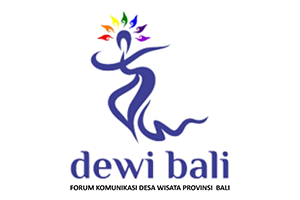ABOUT E-JOURNAL OF TOURISM
TEMPLATES
ETHICAL CLEARANCE
ISSN BARCODE
Print ISSN: 2541-0857
Online ISSN: 2407-392X
VISITOR STATISTIC
INDEXED
ACCREDITATION CERTIFICATE
JOURNAL STATISTICS
IN COLLABORATION
REFERENCE MANAGEMENT TOOLS
LICENSED

E-Journal of Tourism is licensed under a Creative Commons Attribution 4.0 International License.



















